In the rapidly evolving world of online trading, navigating the maze of brokers and trading platforms can be a daunting task for both seasonedtrader ...
Explore Top 9 Trading Business Ideas
Written by: Esther Strauss
Esther is a business strategist with over 20 years of experience as an entrepreneur, executive, educator, and management advisor.
Edited by: David Lepeska
David has been writing and learning about business, finance and globalization for a quarter-century, starting with a small New York consulting firm in the 1990s.
Published on August 12, 2022
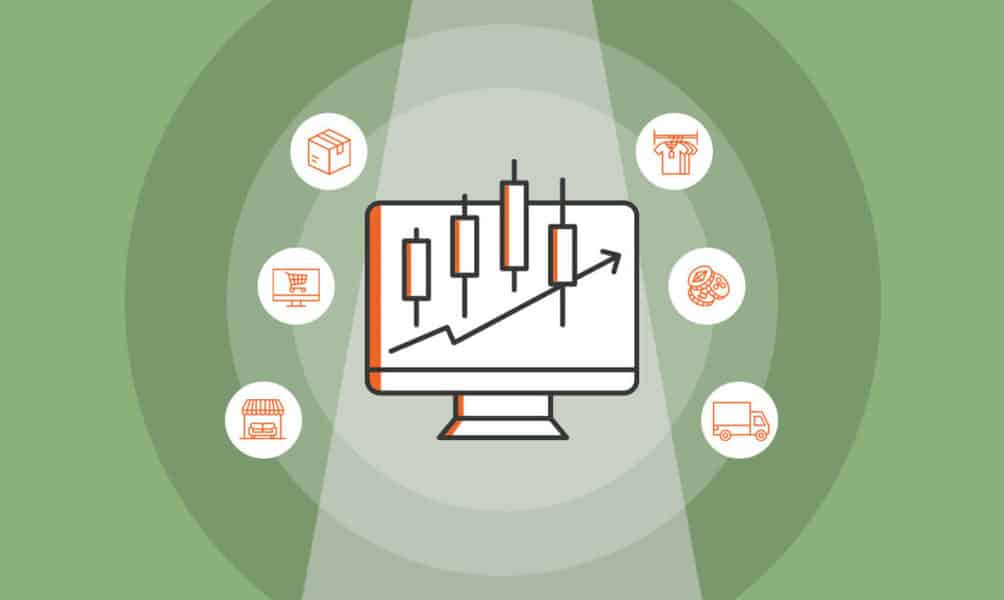
Are you a born trader? If so, you’ve come to the right place. Countless businesses involve trade, from import-export to stock trading, from online resale to cryptocurrency and beyond. You could even be a wholesaler or get into dropshipping.
Just keep in mind that, although you’ll be aiming for profits, you will need to trade fairly if you’re going to build a strong reputation and achieve lasting success. Check out our list of terrific trading business ideas below and step into your entrepreneurial future.
1. Dropshipping
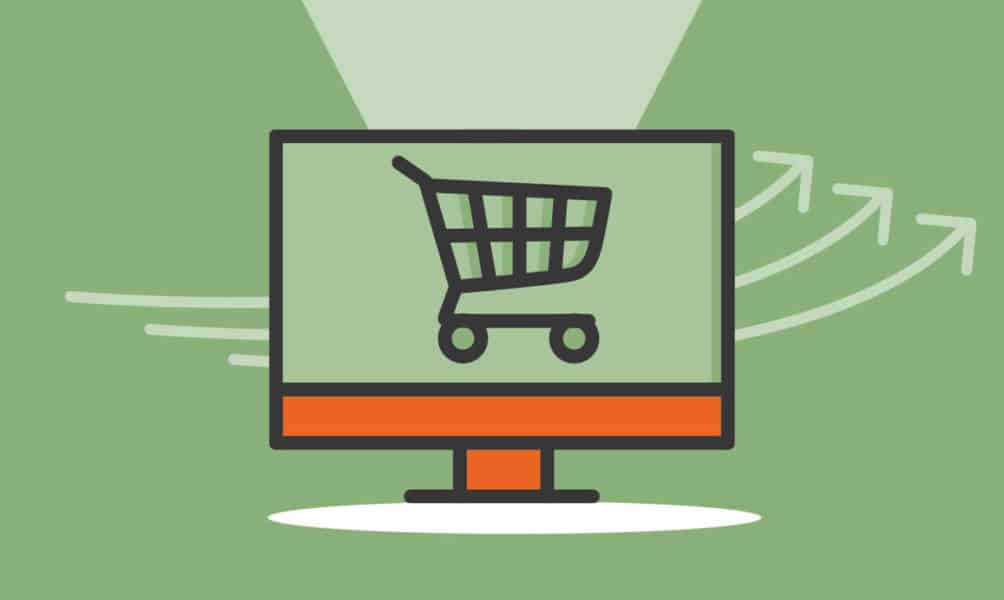
Dropshipping is an increasingly popular business model in which online stores sell products without carrying inventory. Instead, when the shop owner receives an order, she simply contacts the supplier and relays the product order, which is then shipped directly to the customer.
The market is growing fast and offers great opportunity for the bold entrepreneur. Yet because a dropshipping business is relatively easy and inexpensive to launch and operate, the competition is getting intense. In order to stand out, your dropshipping business will need to offer either uniquely appealing products or, more likely, a one-of-a-kind customer service experience, from order placement through delivery.
It’s not easy becoming the next Jeff Bezos, but right now is a great time to give it your best shot.
2. Import-Export
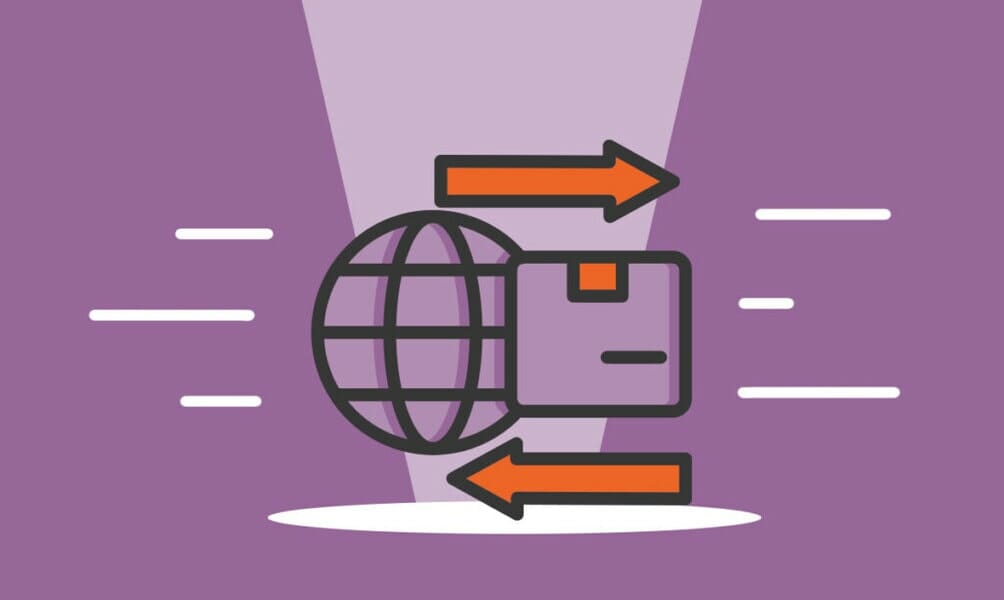
Many budding entrepreneurs think starting an import-export business is too complicated. But that’s not always the case, especially today, with the advantages of technology. To get started, you could focus on a single product or line of products, such as Middle Eastern spices or Chinese vases. Then research several markets, find products in high demand and seek out a reliable supplier to partner with.
At least in the early days, you should be able to work from home, as your minimal inventory will not require a warehouse. Before you start trading, however, you’ll need to make sure you’ve crossed all the bureaucratic hurdles, such as getting the appropriate licenses and permits and preparing to pay the relevant taxes and tariffs. Finally, you’ll need to create a strong marketing plan and start promoting your goods to potential customers, online and off. With a little hard work and perseverance, you can emerge as the next big international trader!
3. Wholesale
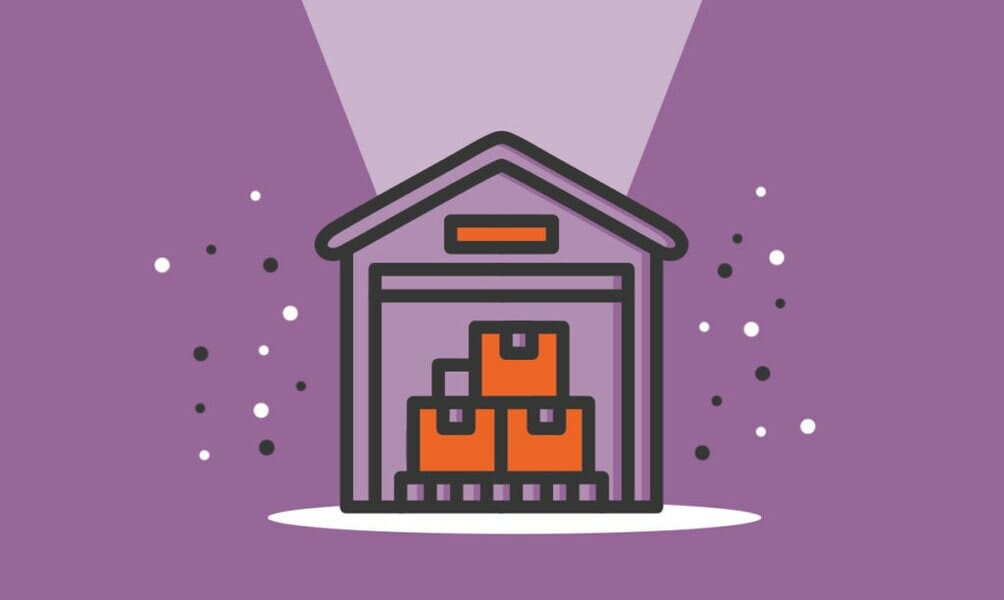
Wholesale is all about the advantages of scale: prices are lower because purchases are in bulk, such as vast amounts of tomatoes, cement mix, or shoes. If you’re good at scaling up your sales, you might consider starting a wholesale business, as the industry expects steady growth in the years ahead.
Getting started will require a significant investment, because all of that inventory is not going to suddenly appear out of nowhere, and you’ll need a place to keep it. Fortunately, unlike retail, a wholesale business doesn’t have to worry about finding a location with heavy traffic. Instead, the main concern is space. Once you’ve got your goods and a warehouse, you’ll need to obtain all the necessary licenses, then start reaching out to local businesses that might be interested in your goods.
Keep in mind that this is a big and growing industry, which means you’re going to face stiff competition. You’ll likely need to work hard, and smart, to succeed.
4. Retail Store
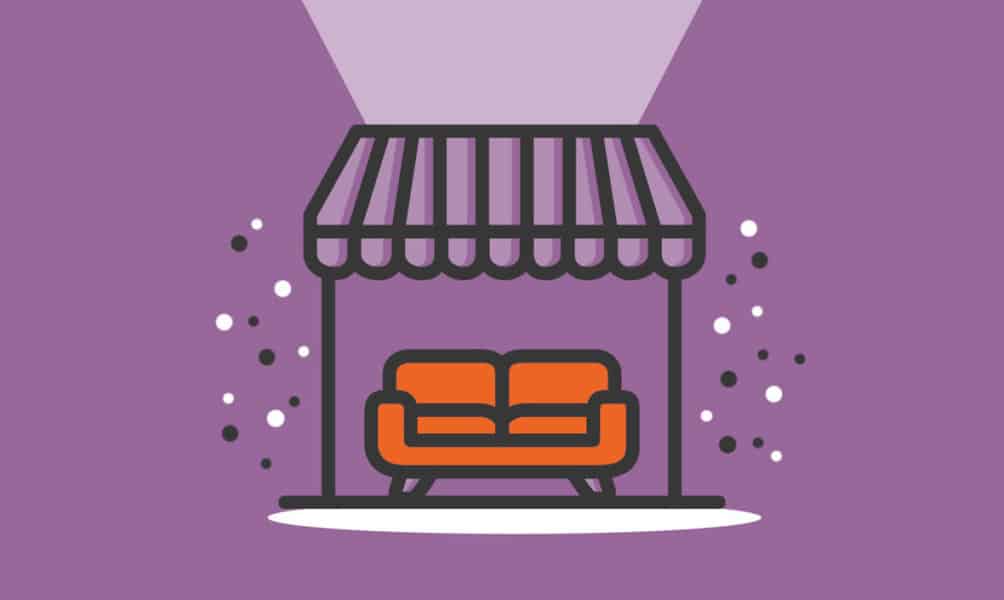
Are you thinking of starting your own retail business? If so, you’re in good company. The retail industry is a huge part of the economy, and it’s only getting bigger. But starting a retail business isn’t easy. There are a lot of things to think about, from choosing the right location to setting up your payment system. And let’s not forget the most important step: choosing what to sell!
A good way to narrow it down is to first do some research — check out what’s hot and what’s not. Keep an eye out for products that sell well and a possible market gap to fill. Once you know your products, finding a great location for your store will be the next big step, though at least to start you might want to run your business out of your home to cut costs.
After a year or two, assuming your products are well received, you’ll be in a much better position to find a great location and run a successful retail outlet.
5. FBA Business
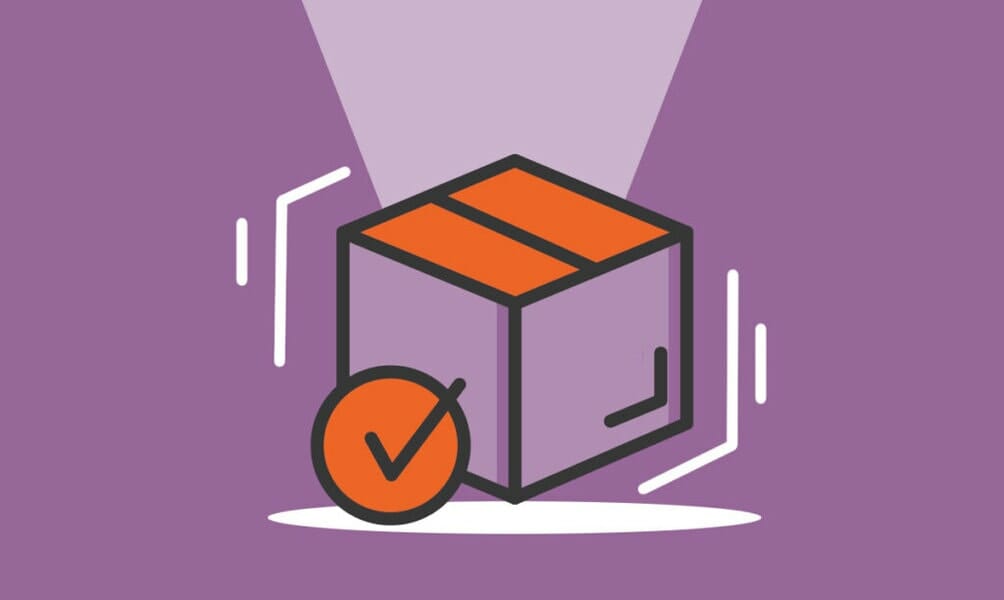
FBA stands for Fulfilled by Amazon, and it’s a great way to simplify the process of selling products online. If you’re looking to tap opportunities created by the rapidly growing online shopping market, then consider starting your own FBA business.
Before you get started, familiarize yourself with FBA policies and requirements for labeling and packaging. You need to know which products require prior approval before these can be sold on Amazon and which products can’t be sold using FBA. You will need to find a storage space, acquire a truck or fleet of trucks, set up a website and social media accounts, and promote your services. You will also need to comply with state and federal laws and regulations governing the logistics sector.
6. Amazon Business

Have you got some great products but have never sold goods online? One of the best places to start is the world’s largest retailer, Amazon, which gives you immediate access to 310 million global shoppers eager to reach relevant audience. Whatever you’re offering, you can become an Amazon seller and put your goods directly in front of customers and businesses. For an added fee, Fulfillment by Amazon will handle all your shipping, returns and customer service.
It might seem overwhelming at first, but getting started on Amazon is simpler than you think. Just choose a selling plan (Individual or Professional), determine your strategy (reseller or brand owner), create an Amazon Seller account and begin adding products. With appealing merchandise and a solid marketing approach, you’ll be making sales before you know it.
7. Cryptocurrency Trading

If you’re an entrepreneur, or would like to become one, it’s important to always be on the lookout for the next big thing. Lately, that thing has been cryptocurrency, the digital currencies that use cryptography and the blockchain to secure transactions and create new units.
Cryptocurrency may well be the world’s fastest-growing industry, and you can get in on the action by starting your own cryptocurrency business. Assuming you’re not going to create your own cryptocurrency, which requires programming expertise, you’ll need to decide whether you want to start a wallet, which is an application that helps users store and spend cryptocurrencies, or an exchange, which enables cryptocurrency trade. Another option is to become a cryptocurrency investor and broker, which will require considerable expertise regarding the fast-evolving field of cryptocurrency.
Whichever option you choose, be sure to do your research before committing too much of your, or other people’s, hard-earned funds. If you do find a niche, this is an industry that could deliver massive returns.
8. Stock Trading
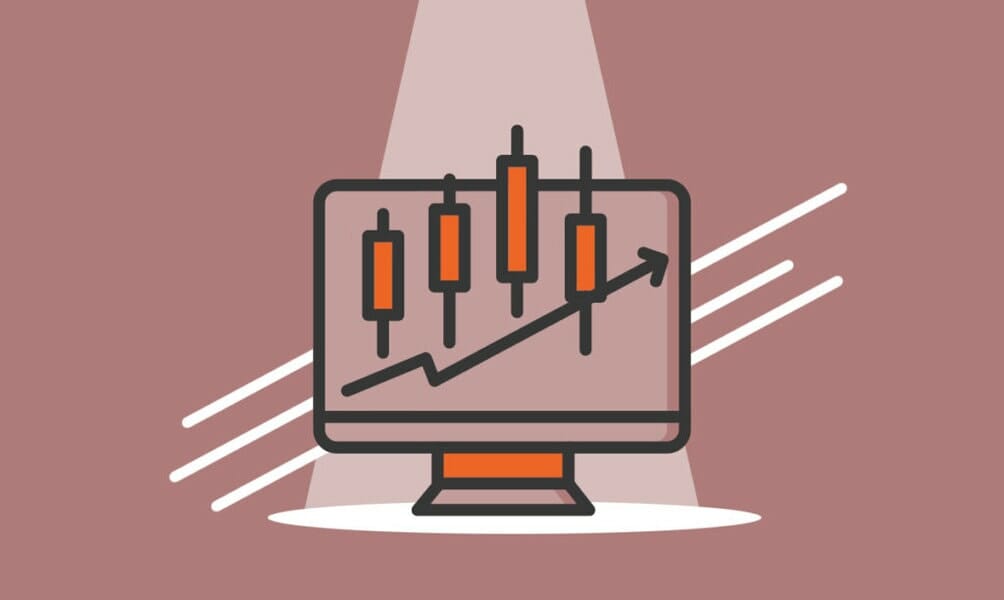
The first step in starting a stock trading business is to secure a license and become a member of a stock exchange. You can start small and trade from home. It’s important to make a business plan and come up with ways to differentiate yourself from other agencies in order to attract clients or investors. It’s wise to offer a diversified portfolio, research the market, monitor any business news likely to impact the stock market, and brace for any wild swings that could result in losses.
9. Online Resale
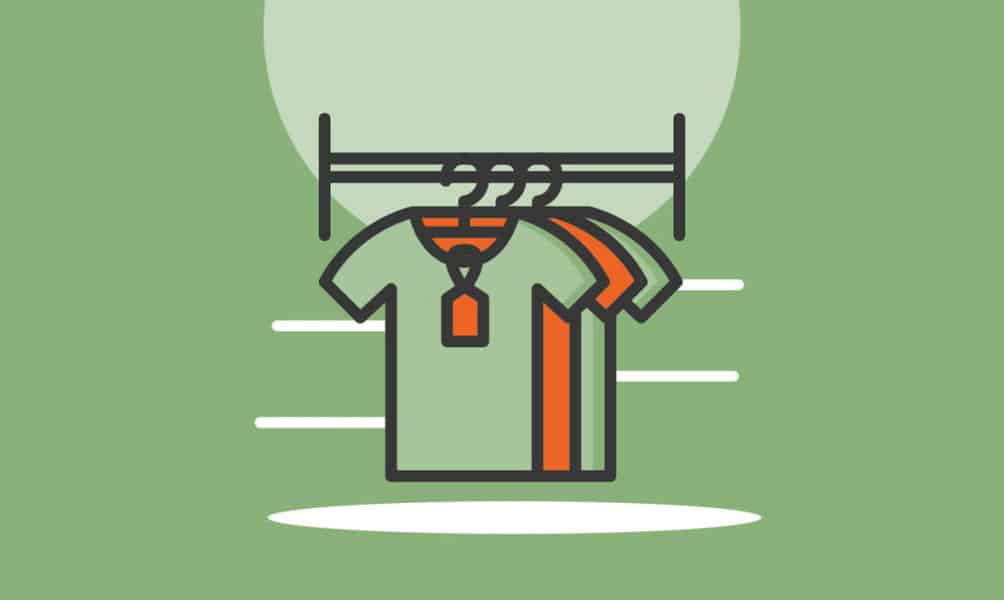
Want to talk about a booming industry? In the coming years, apparel resale is set to grow 11 times faster than the clothing industry, with most of that growth happening online. One reason is that Gen Z’ers and millennials like sustainability, thrifting and throwback trends. Another is that the resale industry sources its goods domestically and as a result is not facing the supply chain issues of major retailers.
The big question is how you’ll go about reselling your goods. One option is to rely on major online marketplaces like Etsy and eBay. Another is to partner with resale-focused sites like ThredUp. A third is to create your own resale website. The advantage of this option is you’ll be able to express your own sense of style and build your own brand, while the downside is the added time and expense.
Whichever route you choose, as long as you have reliable access to quality goods for resale and provide strong service, you’re likely to keep that cash register ringing.
Subscribe to Our Newsletter
and gain insider access to cutting-edge business insights and trends.
Featured Resources

How to Build a Forex Comparison Service with Stéphane Bottine
Published on March 6, 2024
Read Now
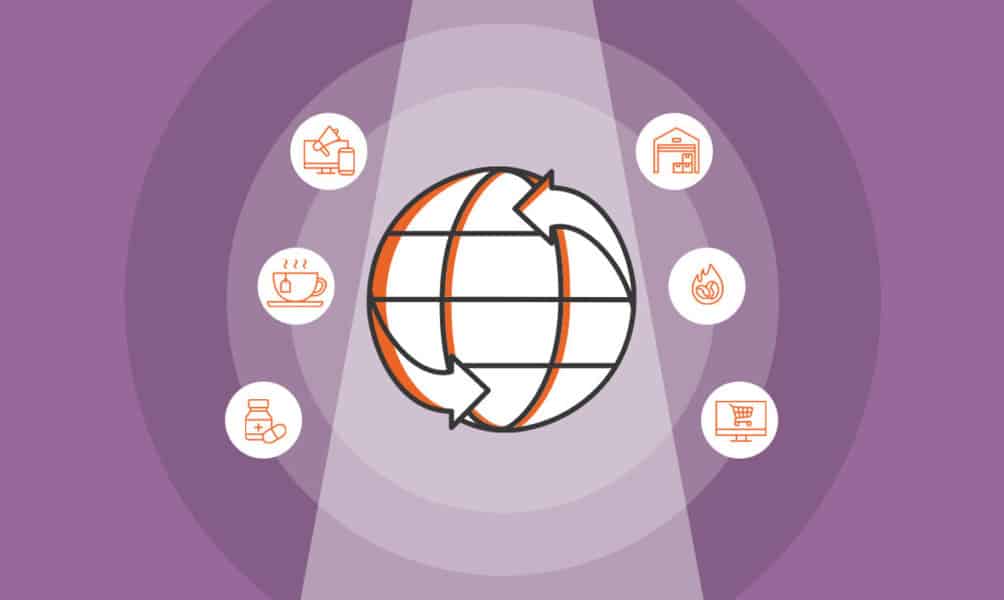
12 Profitable Import-Export Business Opportunities
Published on November 4, 2022
Our economy is increasingly global, with international markets getting more accessible every day. This presents an opportunity even for newbusinesse ...
Read Now
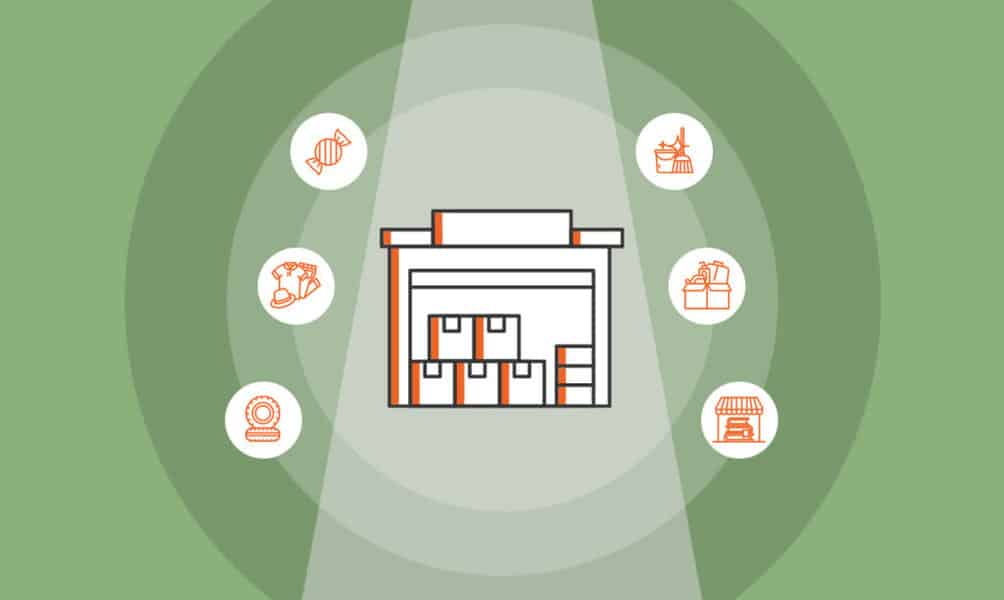
Top 16 Wholesale Ventures to Start Today
Published on November 4, 2022
Think about going wholesale? It’s a pretty reliable route to businesssuccess. A wholesale business purchases products directly frommanuf ...
Read Now
Comments